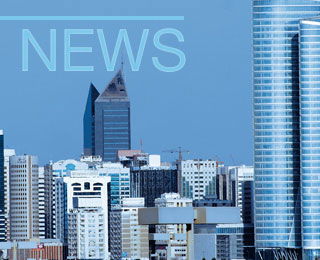Bestway Cement Ltd has reported a 16 per cent YoY decline in total cement disptaches in the fiscal year 2023 (ended 30 June 2023) due to reduced local and export sales volumes. The company attributes the decline to fierce competition. However, Bestway retained its position as the largest cement producer and the market leader in the country on the back of its superior quality and wide product range, according to the company.
The company recorded a gross turnover of PKR120bn (US$405m) in FY23, 17 per cent higher than the PKR103bn seen last year. Net turnover for the year grew by 21 per cent from PKR72.4bn to PKR87.7bn. Higher revenue was driven by increased selling prices, necessitated by an exorbitant and relentless increase in input costs.
Gross profit for the year also grew to PKR27bn from PKR23bn last year due to an increase in revenue. Financial charges increased to PKR6.8bn for the year against PKR1.5bn last year, primarily due to increased borrowings for new projects and much higher interest rates. Profit before tax amounted to PKR22.6bn compared to PKR19.3bn for the year ended 30 June 2022, while profit after tax came in at PKR11.9bn, compared with PKR10.2bn last year.
Domestic cement dispatches decreased by 16 per cent from 47.6Mt last year to 40.Mt for the year under review. Exports volumes registered a 13 per cent decrease, reducing to 4.6Mt compared to 5.3Mt last year. Overall, dispatches by the industry decreased by 16 per cent YoY from 52.9Mt to 44.7Mt.
In terms of sustainability, Bestway Chairman, Sir Mohammed Anwar Pervez, said that the company has always been pro-environment. “We have increased our installed solar capacity at all five locations during FY-23. Our current solar capacity of 89.6MW is the largest distributed captive power generation capacity to date in Pakistan and the entire region. Your company intends to enhance further its solar power generation capacity at Hattar and Mianwali plants.”
Bestway Cement is now the leader in water conservation after installing air-cooled condenser systems, instead of the conventional water-cooled system, which has reduced its industrial water requirements by about 80 per cent. The company has also significantly improved the existing rainwater harvesting ponds and installed reverse osmosis plants to convert industrial wastewater for reuse. The domestic water of plant residential areas is also being treated and recycled, conserving huge amounts of water.
